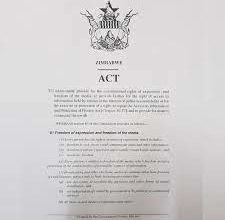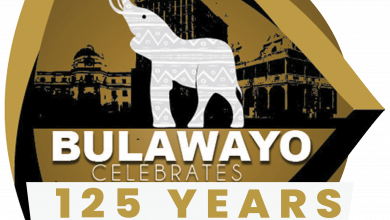Chasi goes after Chivayo

By Judith Sibanda
Energy and Power Development minister Fortune Chasi has ordered Intratrek Zimbabwe (Pvt) Limited and the Zimbabwe Power Company (ZPC) to account for US$ 5 million paid for the 100 megawatts Gwanda solar project or face the consequences.
Intratrek, owned by businessman Wicknell Chivayo was awarded the tender in 2015 and was paid US$ 5 million by ZPC to build the solar power plant.
After receiving the money without a bank guarantee, no meaningful development has taken place at the site.
“Those involved are going to face the consequences because at the end of the day I want to see megawatts coming to people from Zesa and Intratrek,” he charged.
“It’s either megawatts or the money, is that not fair? If I can’t get neither, some people will have a serious problem to deal with because l am there to protect the interests of the government that is people’s interests and l vow not to keep quiet about it until it is sorted.”
Chasi said he was making arrangements to visit the site.
“The public is entitled to be unhappy about it and l am in my office as the result of the public and to protect them, l will do whatever it takes to protect their funds either by the way of ensuring that the project is there or that those public funds are made available. I have dealt with Zesa board and l am now on the management.”
The High Court granted an application by Intratrek Zimbabwe to proceed with the solar project, which had stalled after a contractual dispute with ZPC.
On fuel shortages, Chasi said he has met with industry captains and will be submitting proposals on the entire fuel supply chain.
“We want to be inclusive in our approach to resolving problems. We don’t want to go to the sector with pre-determined positions, so we want to engage them and understand issues from their side, but those who might keep selling fuel in foreign currency, we would encourage them to speak out and explain why they are doing that.
“We want to leave scope for the fuel people to organise themselves and come up with codes which are not prescribed by us but which make them better while at the same time we’ve got to review the legal framework so that its consistent with where we are, the challenges that we face and where necessary deploying legal instruments to influence or even compel behaviours by the actors.”





